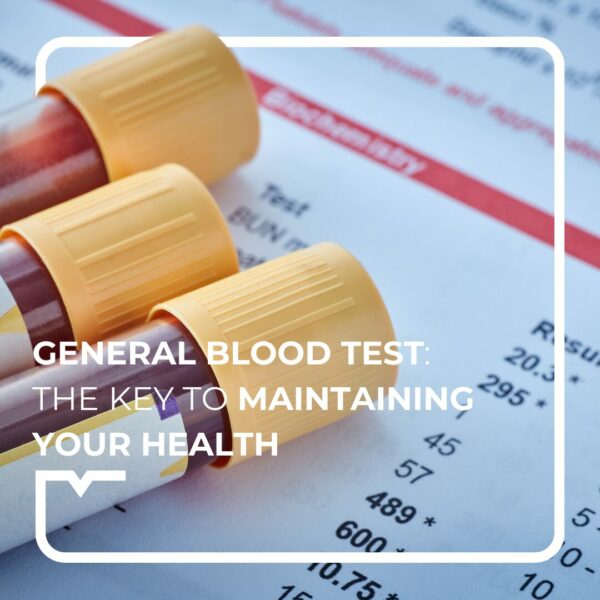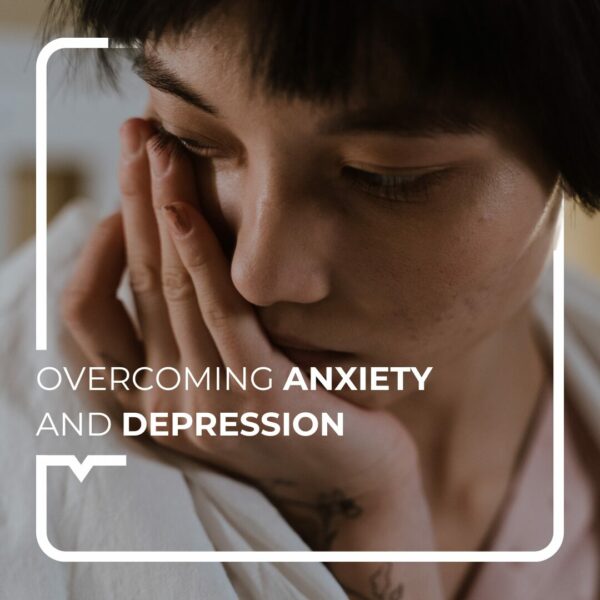When you become old, sorry, vintage, loss of appetite in the elderly may appear.
This leads to deficiencies. You start to lose muscle. Physical activity gradually decreases. You go out less and end up isolating yourself.
Oh dear, that’s not very cheerful…
Olá,
It’s me, Dr. Joy!
As you can see, in this new article, I’m talking about loss of appetite in the elderly. Let’s see what causes it, its consequences and how to counteract it.
Vamoooos!
What causes loss of appetite in the elderly?
Loss of appetite is a common symptom in the elderly.
As people age, their bodies function more slowly, and digestion becomes slower, as well as the processing and use of food.
This may be due to a condition that causes anorexia such as neurodegenerative disease, cancer, etc. It can also be a side effect of a drug treatment. However, apart from disease, loss of appetite is common and is due to physical factors, sometimes with a psychological component.
Also consider checking the condition of the teeth or if there is a swallowing problem that requires monitoring by a dentist or speech therapist.
With age, certain changes will influence our hunger and fullness systems. These mainly include:
- A decrease in the quantity of taste buds leading to an alteration in taste, which plays a very important role in appetite.
- A reduction in the number of gastric receptors and the stomach’s capacity to receive and digest food. The quantities ingested are therefore smaller.
- A decrease in the mass of the intestine and a reduction in its activity, which leads to a reduction in the sensors assessing the amount of sugar available to the cell.
- Brain atrophy can sometimes be involved, disrupting the nervous pathways involved with appetite.
Also, an elderly person often has a lower level of physical activity. This reduces their energy expenditure, meaning that their food needs are lower and their appetite is reduced.
There is also a psychological component: an elderly person who is tired or lives alone is less motivated to prepare an appetising meal (colourful, tasty and smells good). There are no sensory factors to stimulate the person’s appetite. Nor is there any conviviality.
Note to self: share a weekly meal with granny.
What are the consequences of a lack of appetite in the elderly ?
When a person’s appetite decreases, there are many consequences. They can be physical, but also psychological.
A senior citizen who eats less risks suffering from malnutrition and becoming weaker. Microbes and viruses will have a field day.
Viral and bacterial infections, as well as illnesses such as acute gastroenteritis, influenza and urinary tract infections, are a frequent consequence of loss of appetite.
Also, deficiencies appear (protein, vitamin), leading to a loss of muscle and therefore a reduction in physical activity. But also a loss of weight which can lead to dependence.
From a psychological point of view, isolation will be the first cause and may lead to depression, due to the loss of social links.
Note to self: share 2 meals a week with granny!
Let’s look at how to counteract the loss of appetite before we get to that stage.
How to stimulate your appetite – 5 tips
I’ve put together the top 5 tips for stimulating the appetite of our seniors before the sad consequences…
- Divided meals
Introduce the standard 3 main meals, but in smaller quantities and add two or three more meals between each.
For example: Breakfast – Snack – Lunch – Snack – Dinner – Snack.
Make sure you increase the nutritional content of the meal without increasing its volume. For example, you can add an avocado, olive oil or a little peanut butter, cheese, egg yolk, condensed milk… but also high quality fats, honey, dried fruit…
Don’t forget protein: it is essential for building muscle.
Don’t hesitate to talk to your GP, who can suggest protein supplements or recommend consultation with a dietician to help you.
- Practise an appropriate physical activity
In order to stay in shape, physical activity is important. This is especially true for seniors, as it will stimulate their appetite. But don’t ask too much of them and offer them an appropriate or adaptable physical activity.
Consider water aerobics, a daily walk, some stretching several times a day. In short, simple, easy exercise that the person will want to do.
- Choosing dishes that make you want to eat
As we saw earlier in the article, ageing can bring about a change in the olfactory and gustatory sensations. It is therefore important to offer senior citizens dishes that they like and which will make them want to eat.
Cook with herbs, spices, mustard, lemon, onion…
However, if the person has other medical conditions such as diabetes or cholesterol, talk to a geriatrician or a nutrition specialist such as a dietician, so you can be sure of what you are serving.
You can consult a GP at Alegria Medical Centre.
- Mixing foods
With age, oral disorders can affect the appetite of seniors. They may find it more difficult to eat certain foods and therefore prefer not to eat rather than suffer.
However, the risk of food going down the wrong pipe (i.e. pulmonary aspiration) can also be a concern for relatives.
For this reason, make sure your dishes don’t contain large pieces of food. This way, your elderly friends/ relatives won’t suffer and you don’t have to worry about them choking.
- Some natural remedies to stimulate the appetite
If you want to increase your chances of stimulating seniors’ appetite, here are a few plants that can help you:
- Fenugreek is an adaptogen plant. Its role is to trigger the appetite when our body lacks it. It does not normally increase appetite. It is ideal for elderly people with a lack of appetite.
- Yellow gentian has been shown to be effective against “temporary loss of appetite and mild digestive and gastrointestinal problems”. The European Medicines Agency recommends a maximum of two weeks’ treatment. Talk to a health professional before taking this herb.
That’s it for today. Don’t forget, when weight loss becomes a concern, get in touch with health professionals.
Take care of yourself and your seniors,
Ate já,
Dr. Joy.
This information is not a substitute for medical advice.
You must seek the advice of your doctor or another qualified health professional with any questions you may have regarding your health condition.
Sources:



